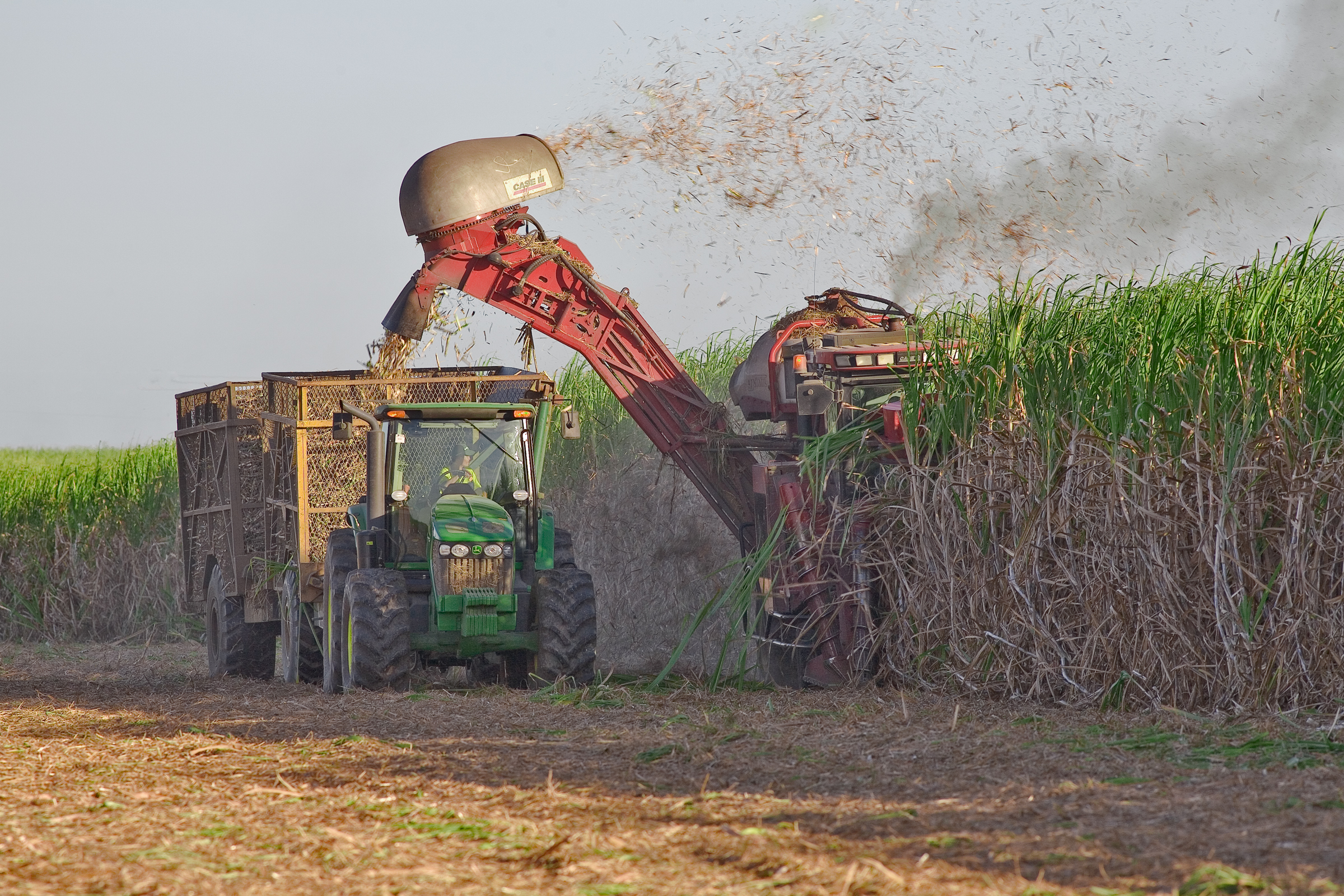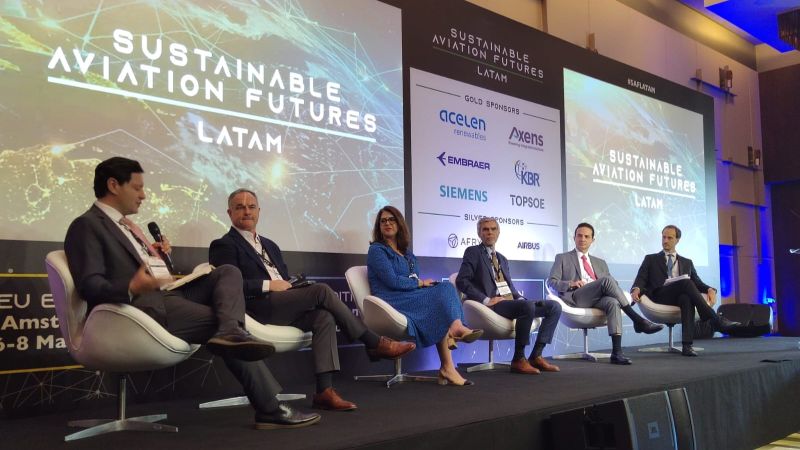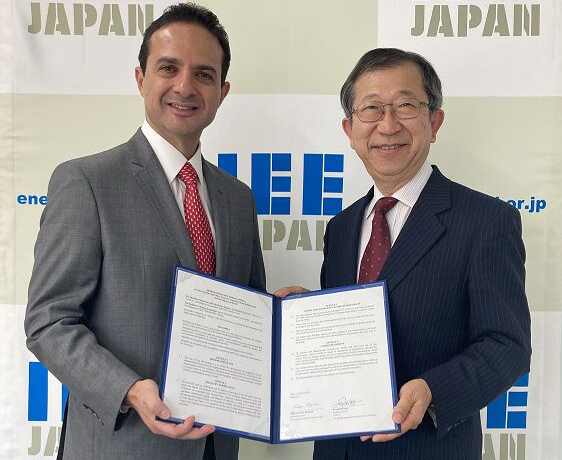Ethanol as one of the bridges to the new era of sustainable mobility. This is what visitors to the Brazil Pavilion at Expo Dubai 2020, which has begun last Friday (1st), will learn in the intervention of the Brazilian Sugarcane Industry Association (UNICA) during the first week of the largest exhibition in the world. UNICA’s participation is part of a project with the Brazilian Trade and Investment Promotion Agency (Apex-Brasil).
“The transport sector is responsible for almost 1/4 of the emissions of polluting gases that intensify the greenhouse effect. And when we look realistically at how challenging the emissions reduction targets for the next few decades are, you can’t afford to say which route to take. In this scenario, ethanol shows how we are going to complement the different routes, taking into account the context of each region. With increasingly sustainable production, reducing emissions and generating Decarbonization Credits, ethanol is a protagonist in the construction of the new era of sustainable mobility”, highlights the president of UNICA, Evandro Gussi.
Visitors to the pavilion will be able to learn about the Brazilian experience in terms of ethanol use, which starts with a highly sustainable production and reaches the generation of CBios, green bonds to neutralize emissions.
Neutralized pavilion
In line with Expo Dubai’s theme – climate and biodiversity, UNICA will neutralize CO2 emissions from the Brazil Pavilion in this first week. Volume that should exceed 1.3 thousand tons of CO2. A decarbonometer will show visitors, in real time, the amount of offset emissions.
The neutralization of emissions will be done with Decarbonization Credits (CBios). Each credit represents one tonne of CO2 equivalent that was avoided in the atmosphere. CBio can be considered the main Brazilian asset for the reduction of gas emissions that intensify the greenhouse effect.
Sustainable mobility
Whether pure or mixed with gasoline, ethanol is the fuel of the present, but also of the future of sustainable mobility. With the development of new automotive technologies, biofuel can be used in hybrid flex cars and, in the future, generate electricity for fuel cell-powered electric cars.
Since 2003, the launch of flex fuel cars, ethanol has already avoided the emission of more than 570 million tons of CO2 into the atmosphere. To reach that number in an alternative way, it would be necessary to cultivate 4 billion trees over 20 years.
Today, more than 70 countries in the world already have rules that establish the mixture of ethanol into the gasoline. And, with an eye on the positive effects of biofuel, countries like India and the United Kingdom are increasing blend levels in order to reduce emissions and improve air quality.
UNICA will provide the pavilion visitors with the opportunity to calculate personal emissions. Based on the country of origin and the average liters of fuel consumed, the visitor will be able to verify how the presence of ethanol in the gasoline significantly reduces CO2 emissions.



